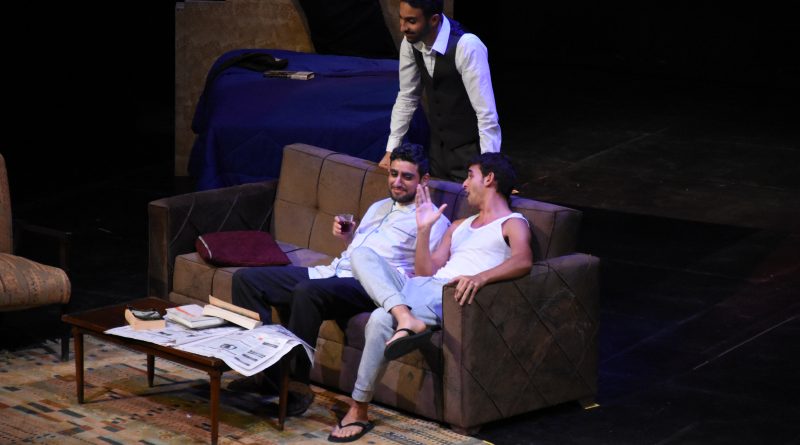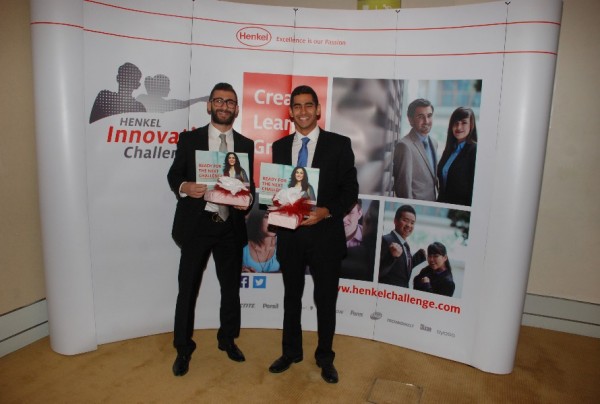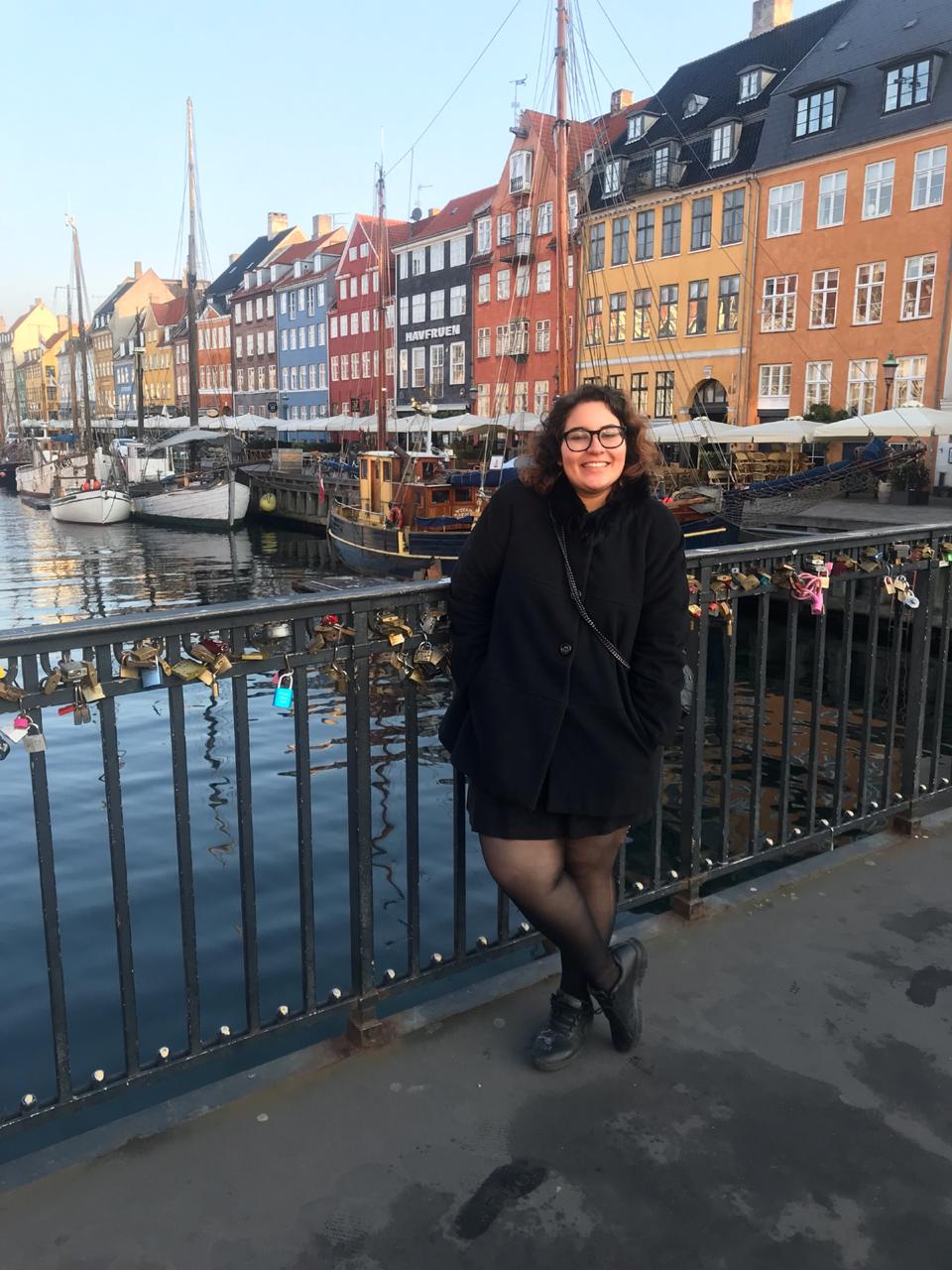Attiya’s Windows: A Reflection of Reality
By: Malak Kamel
@MK__Malak
The curtains were drawn at AUC New Cairo’s Malak Gabr Theater and Downtown’s Falaki Theater as the Theater Program put on the social satire play Attiya’s Windows.
Attiya’s Windows is an adaptation of the Egyptian playwright Rasha Abdelmoneim’s play of the same name, which provides a reflection of current real life dilemmas in Egypt caused by the deteriorating financial state of the middle class.
“I am drawn to it for its realistic view of the struggles of this portion of the Egyptian society and for its subtle sense of humor,” Associate Professor of Theater and Director of the Theater Program Dina Amin told The Caravan.
The play sees the main character Attiya, played by Theater senior Tayam Omar, struggle to make sufficient money to provide
a comfortable life for his family, which consists of his mother, wife, two daughters and son.
Besides highlighting the economic challenges present in Egyptian society, laced within the play are the diverse struggles of each individual in the family.
Attiya not only struggles financially but he is also lost in today’s fast-paced world, with no dreams to chase or purpose to have. Meanwhile, his wife Fatema is broken as a result of the daily sexual harassment she is subjected to.
Attiya’s daughter, Lawaheth, also struggles with abuse and then abandonment by her husband. Grandma Lawaheth, Attiya’s mother, meanwhile is grieving the loss of her husband.
Theater major Omar Omar, who plays the role of Attiya’s son Khaled, explained to The Caravan how the meaning behind the play’s name is symbolic of of the diversity of issues it tackles.
“[Attiya’s Windows] is very diverse in its concepts, to the point where it is relevant to several generations. Though every character in the story is unique, every one of them is affected by the very same metaphor of the broken window,” Omar said.
Although the play makes a strong statement about family dynamics and economic issues, the director did not shy away from including comedic scenes.
The play is laced with the famous Egyptian humor, ensuring laughter out of the audience even in scenes where tears are likely to abound.
“Working with Dr. Dina Amin, the director of the play, was an amazing experience that I would not have traded for anything. Her creativity is boundless, and watching her in action is truly something,” Omar said.
The play ends with Attiya’s tragic decision to poison his whole family and rid them of the difficult life they’re living. But even that endeavor is botched.
His conscience ends up getting the better of him up, (literally), and he starts battling his own thoughts and doubts.
Youssef Ghannam, a communication media arts graduate, who played the role of Attiya’s conscience, says this finale was the most difficult part of the play.
“If this scene lacked one person’s energy, line, or existence, the whole scene would have been ruined,” Ghannam said, stressing on the unity of performance that is required in such a scene.
He went on to explain how this experience enhanced his acting skills.
“Showing these kinds of [emotional] extremes on stage is very difficult. Some things I didn’t even know that as an actor I could do. I reached levels I didn’t know I could reach thanks to the director and assistant director,” Ghannam said.
Performing in two different locations, the cast got to experience more exposure and appreciation for their efforts. But despite this added benefit, more commitment and hard work were also required.
“Two different stages means two different ways of blocking,” Ghannam said of the way the characters move, enter and exit the stage, and interact with different characters.
Behind the curtains, various preparations took place to result in such a seamless performance. The cast spent hours daily, consumed by constant rehearsals to maximize their full potential.
“The more work we put in, the better the outcome,” Ghannam said.
But like any other process, changes are bound to happen and initial plans are expected to alter slightly.
“The process was so eye-opening it led us to also develop the script further and change the structure of the play as we were working through it,” Maryam Shafik, the assistant director, said.




